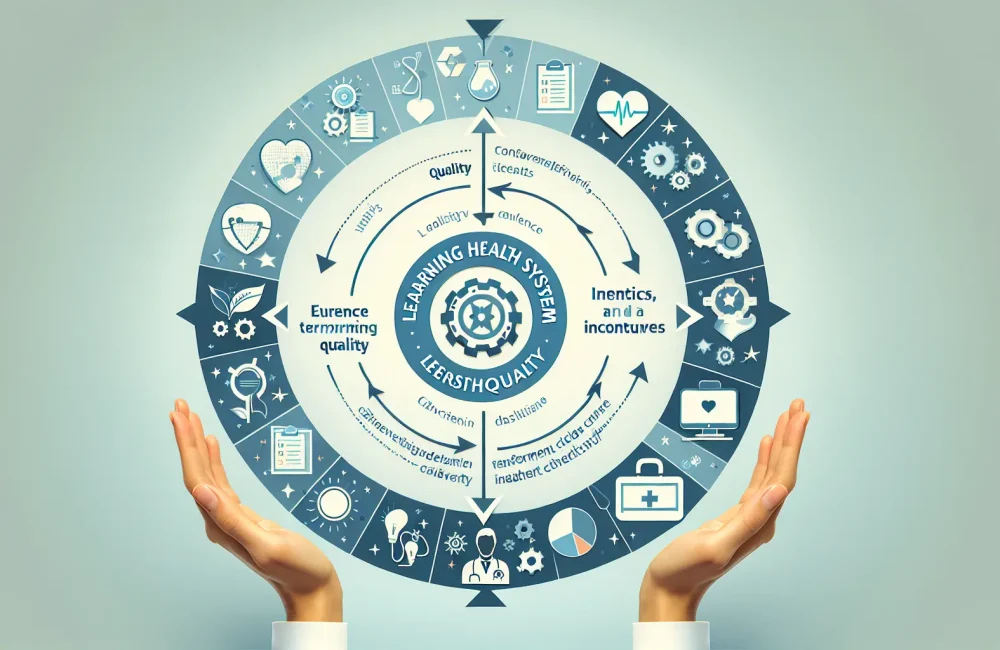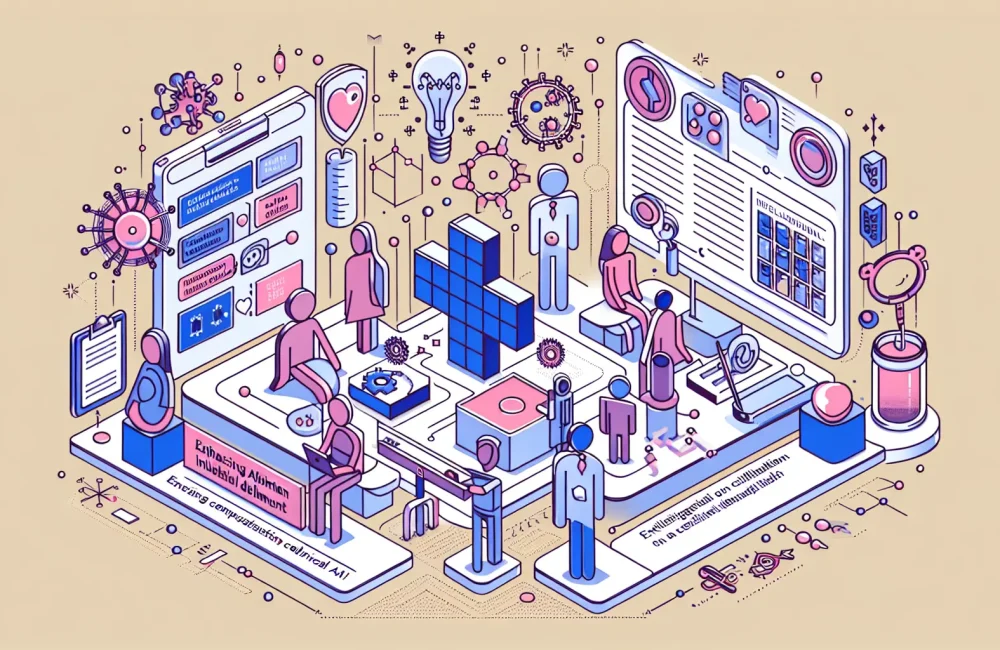By CAFMI AI From NEJM AI
The Rise of Generative Health AI and Its Impact on Patient Care
Generative health artificial intelligence (AI) tools are rapidly gaining traction among patients seeking health information and decision support. These AI applications use advanced algorithms to generate human-like responses, offering accessible answers to medical queries and health management advice. For clinicians in the United States and beyond, the increasing patient reliance on such technology represents both opportunity and challenge. The promise lies in AI’s potential to improve patient engagement and understanding, streamline information dissemination, and support clinical decision-making workflows. However, the reliance on AI also introduces risks related to accuracy, interpretation, and the patient-clinician relationship. Patients may encounter misinformation due to unverified AI outputs, leading to misunderstanding of their conditions or misguided health decisions. This can complicate diagnosis and treatment adherence. Furthermore, privacy concerns arise given the sensitive nature of health data processed by AI systems, some of which may lack robust security measures. Understanding the growing role of generative health AI is critical for clinicians to position themselves as trustworthy guides in this emerging landscape, ensuring AI complements rather than complicates care.
Strategies for Clinicians: Guiding Patients in Safe and Effective AI Use
Healthcare professionals must actively engage with patients about their use of generative health AI tools to maximize benefits while minimizing harm. Effective communication is key; clinicians should openly discuss the capabilities and limitations of AI with their patients, emphasizing that while AI can provide helpful information, it does not replace personalized medical advice. Educating patients about the potential for AI inaccuracies encourages critical thinking when interpreting AI-generated responses and prevents overreliance. Clinicians are also encouraged to monitor any changes in patient health outcomes that may relate to AI use, including unintended consequences such as delayed care seeking or misunderstanding treatment instructions. Integrating discussions about AI use into clinical workflows can be achieved through simple inquiries during patient visits and by providing resources that outline trustworthy AI tools and their appropriate applications. This proactive approach helps safeguard patient health and fosters a collaborative environment where technology supports, rather than detracts from, clinical decision-making processes.
Ethical, Regulatory, and Collaborative Approaches to Optimizing AI in Healthcare
The ethical and regulatory landscape surrounding generative health AI remains in development, posing challenges for clinicians, policymakers, and patients alike. Ethical considerations center on consent, transparency, and the protection of patient privacy in interactions involving AI-generated health information. Regulators face the task of balancing innovation with safety, creating policies that protect patients from harms arising from misinformation or data breaches without stifling beneficial technological advancements. Clinicians play a critical role in advocating for such policies and maintaining awareness of evolving standards to ensure compliance and protect patient welfare. Furthermore, a multidisciplinary, collaborative effort is essential to maximize the benefits of generative health AI. This includes partnerships among healthcare providers, patients, technology developers, and policymakers to establish best practices for AI integration, improve algorithm accuracy, and develop user-friendly tools tailored to diverse patient populations. Through education, vigilant use, and collaborative governance, generative health AI can be responsibly harnessed to enhance healthcare delivery, improve patient outcomes, and support clinical decision-making in primary care and specialty settings.
Read The Original Publication Here






